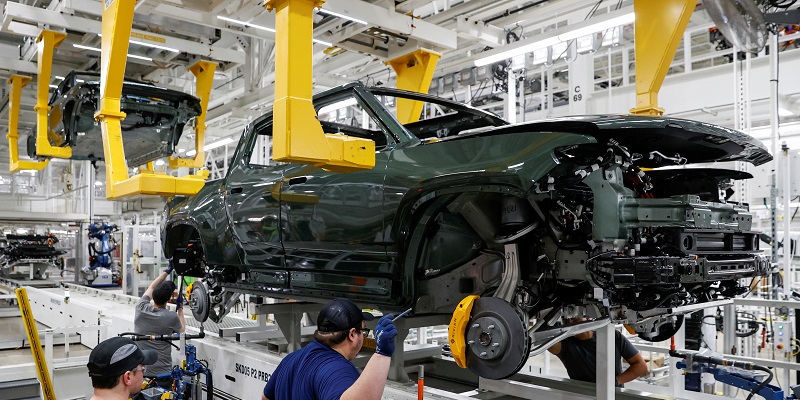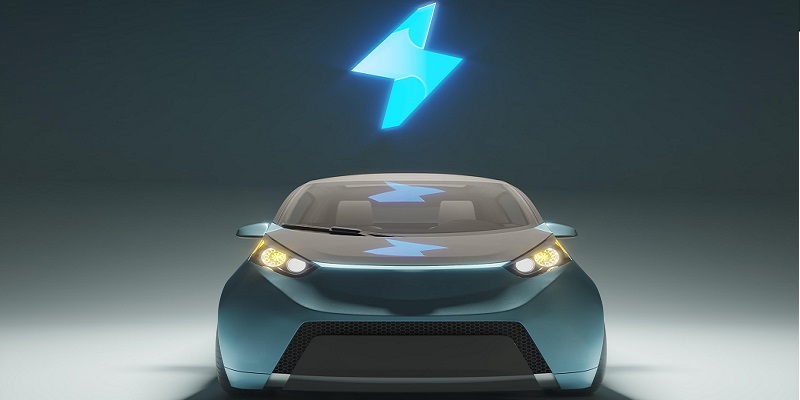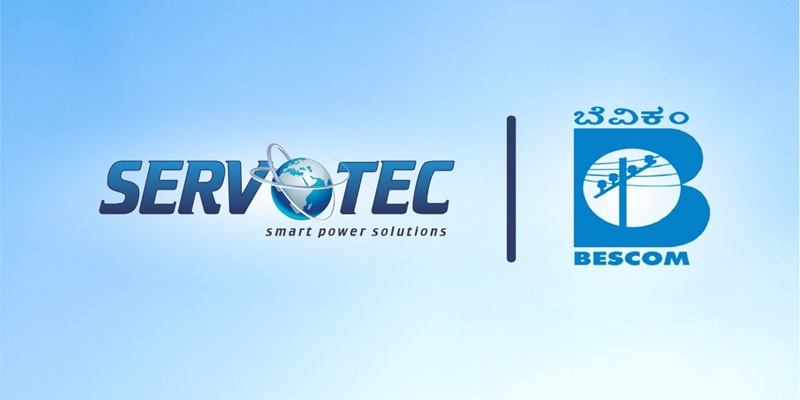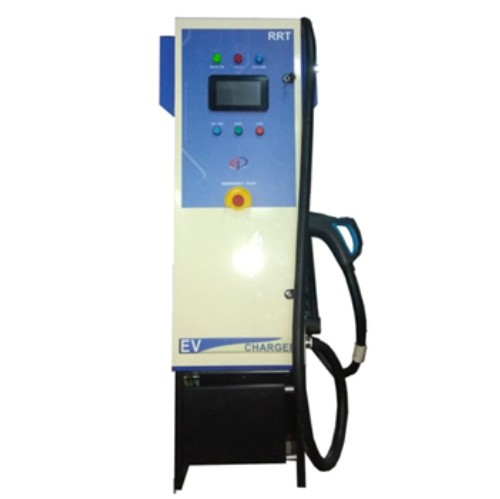Schedule a Call Back
Indian EV market expected to grow at over 40% CAGR till 2027: Niveshaay
 Industry News
Industry News- Sep 12,24

|
Year |
Budget allocation |
Scheme |
|
FY2019-20 |
RS 100 billion |
FAME II Scheme |
|
FY2020-21 |
RS 100 billion |
FAME II funding for EV subsidies and infrastructure. |
|
FY2021-22 |
RS 100 billion RS 181 billion |
Ongoing FAME II support PLI scheme in battery manufacturing |
|
FY2022-23 |
RS 259.38 billion RS 29.08 billion |
PLI for EV manufacturing FAME II Scheme |
|
FY2023-24 |
RS 197.44 billion RS 29.08 billion |
Green Hydrogen Mission Continued FAME II Support |
Related Stories

Indian EV market expected to grow at over 40% CAGR till 2027: Niveshaay
The EV sales volume in India could touch around 3-4 million units by 2025 and 10 million by 2030.
Read more
JSW MG to shift focus to NEVs; to phase out conventional vehicles
JSW MG aims to introduce a new vehicle every four to six months and anticipates that over 50% of its sales will come from electric vehicles (EVs) in 2024.
Read more
Servotech receives order to install 11 public EV charging stations for BESCOM
Additionally, Servotech will provide warranty support and handle all necessary electrical connections and power supply arrangements.
Read moreRelated Products
Tata Motors unveils facilities for development of Hydrogen propulsion tech
Tata Motors, India?s largest automobile company, unveiled two state-of-the-art & new-age R&D facilities for meeting its mission of offering sustainable mobility solutions. The unveilings constitute of Read more
Tata Motors plans petrol powertrain for Harrier and Safari SUVs
Tata Motors is in the process of developing a new petrol powertrain for its premium sports utility vehicles, the Harrier and Safari, as confirmed by a senior company official. Currently, these models Read more

Electric Vehicle Charger
RRT Electro is engaged in manufacturing of customized Power Electronic Products over two decades having capability to Design, Develop, Prototyping, Regulatory Compliance testing & Certification, Manuf Read more












